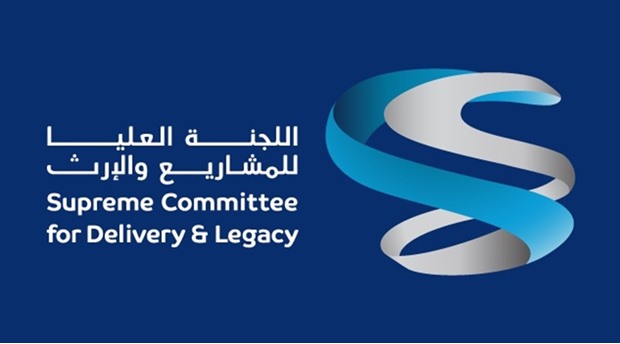The Supreme Committee for Delivery & Legacy (SC) has outlined several major steps it has initiated to ensure the welfare of workers employed by contractors at the 2022 World Cup sites.
These measures are expected to “greatly enhance” the workers’ welfare monitoring and enforcement programme, the SC has said in a statement in response to Amnesty International’s report, “The Ugly Side of the Beautiful Game”.
The initiatives include the development and launch of a bespoke IT audit platform, an automated tool to enable the SC and its contractors to have more accurate and streamlined insights into the implementation of the workers’ welfare (WW) standards.
“The main contractors on the Khalifa International Stadium site are currently piloting the new IT platform and we expect full rollout in the coming months,” the SC said. The statement points to the launch of the SC Workers’ Skills Training Centre in July this year to provide workers with enhanced skills and capabilities, helping them combat the effect of contract substitution.
The initiatives also include enhancements to the SC workers’ welfare standards inspection team headcount, deepening of co-ordination between the SC and HE the Minister for Administrative Development and Labour and Social Affairs, working with partners to improve contractor audit programmes and reporting, and increased scrutiny on ethical recruitment with a new starter checklist included in edition 2 of the SC’s workers’ welfare standards.
Discounting the Amnesty report, the SC has stressed that its efforts to enforce and monitor workers’ welfare standards have demonstrated “huge progress” till date and cannot be called a failure. “There have been zero work-related fatalities on World Cup projects. The fact that Amnesty International has not made an issue of health and safety vindicates those figures and should finally silence those who say thousands are dying on World Cup stadiums,” it said.
The Amnesty report contains a number of allegations aimed at the SC, Aspire Zone Foundation and contractors and sub-contractors, the Qatar government and FIFA, as well as recommendations.
Justifying the progress achieved so far, the SC quoted a report issued by the ILO last week and said the world labour body has recognised the improvements in rectifying issues such as contract substitution, recruitment fees, residency permits and the delayed payment of wages.
“The ILO praised the Qatar government for its willingness to engage with outside organisations and outlined a number of areas of improvement”.
The SC said 2022 is an important milestone for football and sports - for Qatar, the Middle East and beyond. “It is an opportunity for the Arab world and the Middle East to showcase its true, peaceful nature to the rest of the world. It is an opportunity for the region to be in the headlines for reasons other than conflict.
“Our workers’ welfare journey started on December 2, 2010, the day we found out we had won the right to host the historic, first Middle Eastern tournament in 2022. Our driving force has not been a FIFA or NGO mandate and instead a genuine passion for the issue across the organisation and within the country.
“Five and a half years later, we are as driven as ever to ensure the health and safety, employment, working and living conditions of our entire workforce from now until 2022 and beyond.”
Acknowledging that sustainable change took time, the SC said it did not believe in short-term solutions and was working with the State of Qatar to deliver a level of reform that lived on long after 2022.

